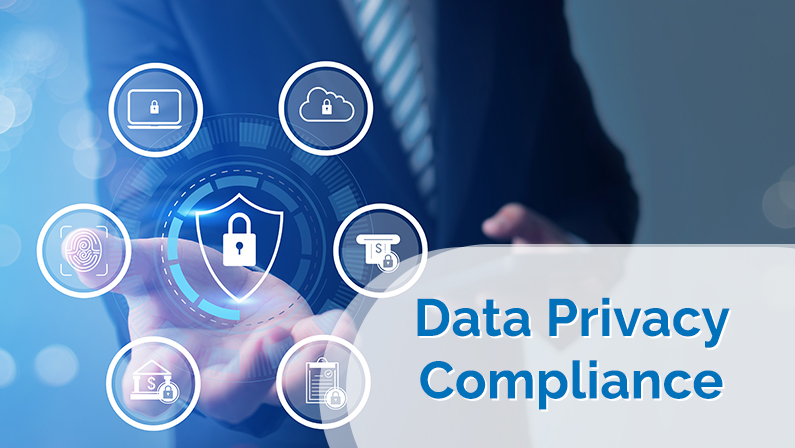Staying compliant with data privacy regulations is crucial to ensure the protection of individuals’ personal information and avoid legal consequences. Here are some tips to help you stay compliant:
- Understand the Applicable Regulations: Familiarize yourself with the data privacy regulations that apply to your jurisdiction, such as the General Data Protection Regulation (GDPR) in the European Union or the California Consumer Privacy Act (CCPA) in the United States. Stay updated on any amendments or new regulations that may affect your organization.
- Conduct a Data Audit: Perform a thorough audit of the personal data you collect, store, and process. Identify the types of data you handle, where it is stored, who has access to it, and the purposes for which it is used. This will help you assess your compliance gaps and implement necessary measures.
- Obtain Consent: Ensure you have proper consent mechanisms in place when collecting personal data. Consent should be explicit, informed, and freely given. Clearly communicate the purposes of data collection and provide individuals with options to manage their consent preferences.
- Implement Privacy Policies: Develop and maintain comprehensive privacy policies that clearly state how you handle personal data. Include information on data collection practices, storage duration, security measures, and individuals’ rights regarding their data. Make sure your policies are easily accessible and written in plain language.
- Secure Data: Implement robust security measures to protect personal data from unauthorized access, breaches, or misuse. This includes encryption, access controls, regular security assessments, and employee training on data protection best practices.
- Data Minimization: Adopt a data minimization approach by collecting only the necessary personal data for the intended purpose. Avoid retaining data for longer than required and regularly review your data storage practices to ensure compliance.
- Individual Rights: Respect individuals’ rights granted by data privacy regulations, such as the right to access, rectify, delete, and restrict the processing of their data. Establish procedures to handle these requests promptly and effectively.
- Vendor Management: If you work with third-party vendors or service providers, ensure they also comply with data privacy regulations. Review and update your vendor contracts to include appropriate data protection clauses and regularly assess their compliance practices.
- Staff Training: Educate your employees on data privacy regulations, their responsibilities, and best practices for data protection. Foster a culture of privacy awareness within your organization.
- Regular Compliance Reviews: Conduct regular internal audits to assess your compliance with data privacy regulations. Identify areas of improvement, address any vulnerabilities, and update your policies and procedures accordingly.
Remember, data privacy regulations can vary, so it’s essential to seek legal advice specific to your jurisdiction and industry. Compliance is an ongoing process, and staying informed and adaptable will help you maintain a strong data protection framework. If you would like more information, send us a note at cs@huntleigh.com or book a consult at: https://book.huntleigh.group/#/customer/dataprivacy





